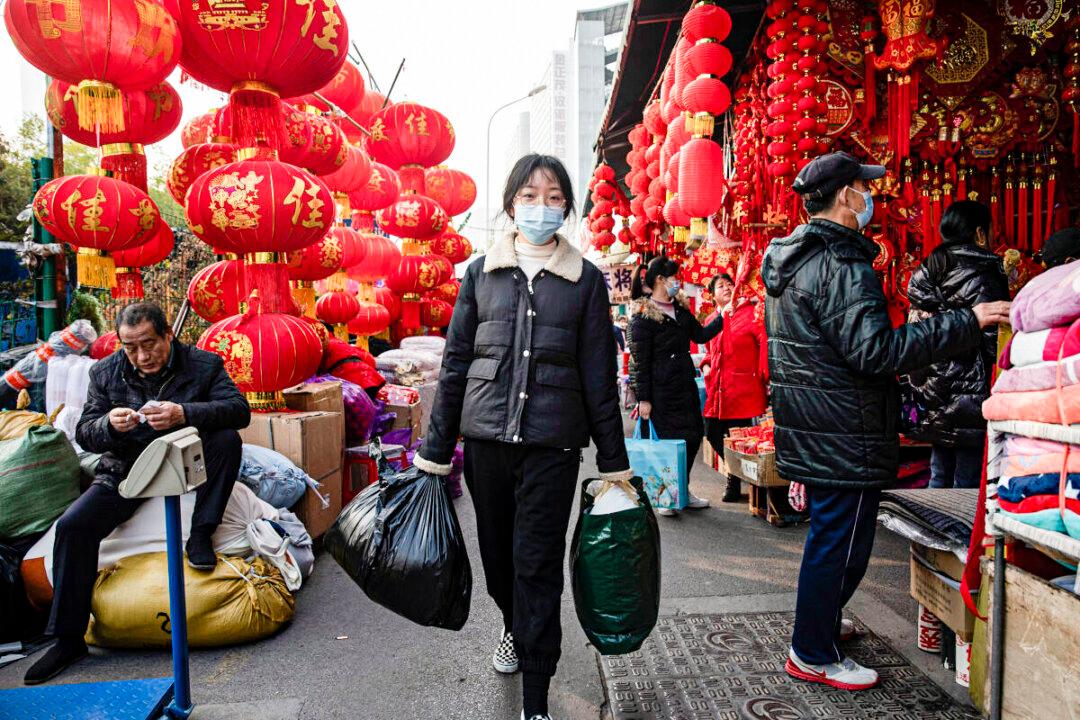The one-sidedness of official Chinese Communist Party (CCP) rhetoric and propaganda should not be taken to indicate a lack of diversity of viewpoint on the part of the Chinese population or general public agreement with CCP positions, according to a new report by the Center for Strategic and International Studies (CSIS), a Washington-based think tank.
The report, titled “Public Opinion in China: A Silent Liberal Majority?”, presents extensive quantitative research and polling data amassed by Stanford University professors Jennifer Pan and Yiqing Xu that directly contravene the notion of a monolithic populace that shares or assents to official propaganda.





